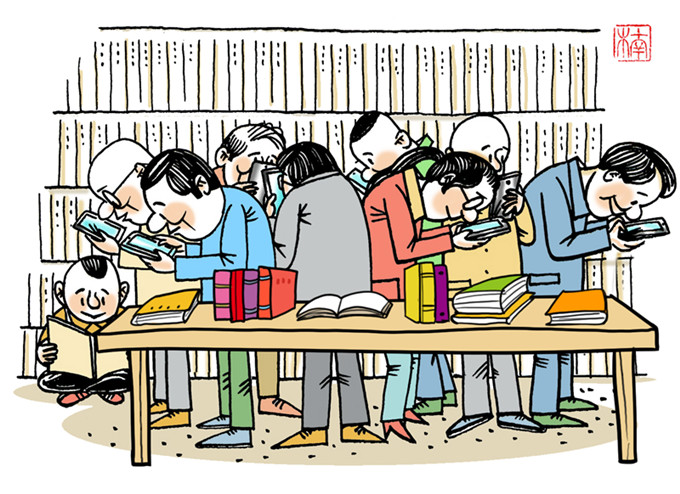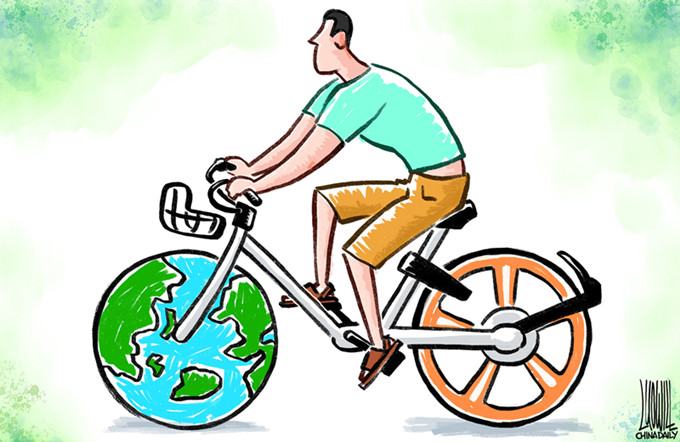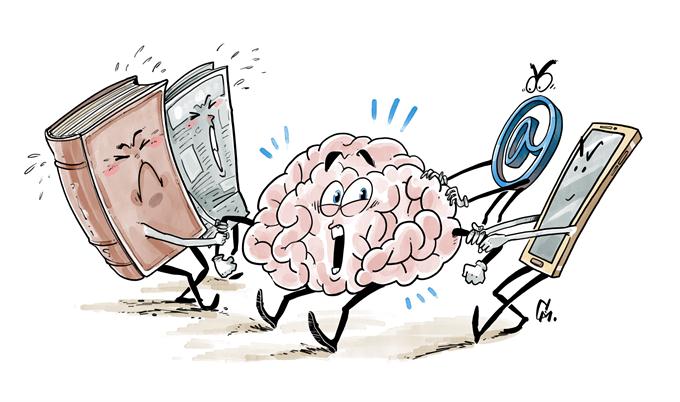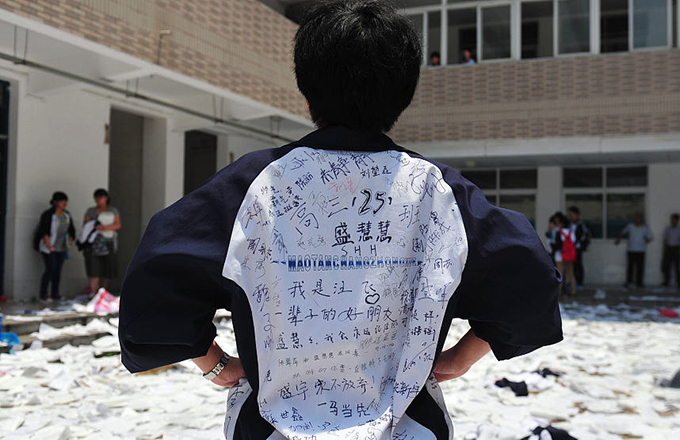The road not taken
Every morning, on the campus of the vocational institute where I teach, students hurry through a lovely grove of weeping willow trees to reach their classrooms. The campus has been carefully landscaped, with ornamental plantings and brick paths zig-zagging through the trees between the dormitories and the academic building. Yet, the students create their own paths when going to class, ignoring the brick paths laid out for them. Their shortcuts are more direct, compared to the brick paths.
It may seem silly, but I have often pondered the brick paths and the student shortcuts and thought they served as a perfect parable for people and economic development. Governments attempt to design the landscape of economic transactions, with tariffs and currency restrictions, with subsidizes and tax breaks, with wage and price controls. They erect a wall here, and a ditch there, and try to channel human energy this way and that way, like the brick paths under the willow trees. Such government measures are always undertaken for benevolent reasons and beneficial ends, and yet how frequently governments find themselves in opposition to the inclinations – may I say, the natural laws of human interaction – when they try to create an economic path where no-one would choose to go.
Left to their own inclinations, the students will always choose the shortest route to the classroom or the dining hall, even if he or she is walking past a sign telling them they shouldn’t do this. We can agree that students should obey the posted signs, but, should we not also question the design of the path? When thousands of feet are showing the way, why not build the path there?
This is why I think the Belt and Road Initiative is such a good path for China.
Adam Smith said it best when he wrote in 1776:
The statesman who should attempt to direct private people in what manner they ought to employ their capitals, would not only load himself with a most unnecessary attention, but assume an authority which could safely be trusted, not only to no single person, but to no council or senate whatever, and which would nowhere be so dangerous as in the hands of a man who had folly and presumption enough to fancy himself fit to exercise it.
Smith also observed that self-interest is a more reliable spur to human endeavour than any other. This truth was demonstrated once again, not long ago, by the problems of the communal kitchens in the collective farms. When the connection between effort and reward was altered, villagers thought they could eat as much as they wanted, without working as hard as they would have done to provide for their own families.
More recently, the Chinese people have engaged in the largest human migration in history, each creating a path for themselves, each one acting to better themselves and their family’s situation by moving in search of better economic opportunity. These individual actions have, of course, a collective result – they have lifted China up to take its rightful place among the leaders of the new millennium. For what other reason would a man leave his family for months on end, shouldering back-breaking burdens, and undertake enormous risks from weather, accident, bandits and civil unrest, as countless thousands did who attempted the Silk Road in years gone by? For what other reason than the same dream that sends young people away from their villages today. The individual makes an individual decision that the hoped-for reward will repay the effort and sacrifice. Some will win, some will lose. And it is here that government can waste energy and resources in attempts to contrive an artificial path for a favoured group or a favoured region or market.
Government does play an essential role in preparing the path of the future in two main ways. Governments have a natural monopoly on providing the essential infrastructure for commercial enterprise, and directing and coordinating national resources to this end. And governments have a unique responsibility to work tirelessly to root out corruption – another natural inclination of mankind, unfortunately. The best enemy of corruption is transparency, or as we say in the West, “Sunlight makes the best disinfectant.”
But of course there are many people ready to propose that governments need to do more. They hope that if government places its thumb on the scale of commerce, the scales will always tip in their favour. But inevitably, unforeseen consequences arise. High taxes on coveted goods lead to black markets and crime. Protected industries sheltered from competition lose their competitive edge and consumers pay higher prices. Higher minimum wages lead to high unemployment for young people. Tariffs lead to retaliation and trade wars. The American subsidy on growing corn for biofuel led to higher world corn prices, which led to catastrophic global unrest. It would be better if governments focussed on doing just a few things very well, rather than attempting to do many things poorly.
My little student path to the classroom – can it really teach us something about the wisdom of enormous undertakingslike“One Belt, One Road”? I think so. Sure, my little path is for sophomores who are late for class, while “One Belt One Road” is an initiative that will eventually reach every continent and represent an investment of hundreds of billions of dollars. But the point is that “One Belt, One Road”is wisely following a well-trodden path, a path carved out and established by human persistence and desire. I am not speaking of merely of the physical route of the path, part of which will recreate the fabled Silk Road, but the path of activity chosen by an industrious people.
“One Belt, One Road” is an inspiring initiative. It conjures up the fabled history of China’s past, providing a link between the modern entrepreneur and their hard-working ancestors on the Silk Road. It treads a path that millions have travelled before, for thousands of years. It is a path to a better future for China and all of her trading partners.
Lona Manning Business English at Zibo Vocational Institute in Shandong, Zibo. She has taught in China for three years. She is the author of the novel, “A Contrary Wind: a variation on Mansfield Park.”
























